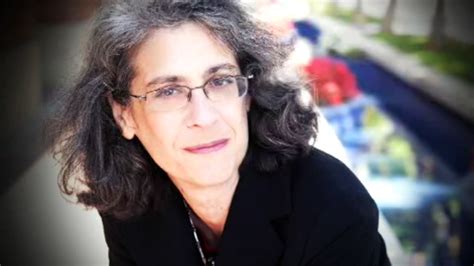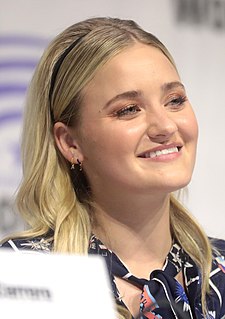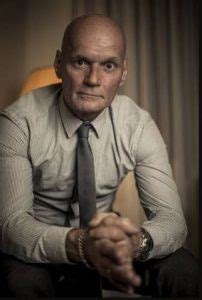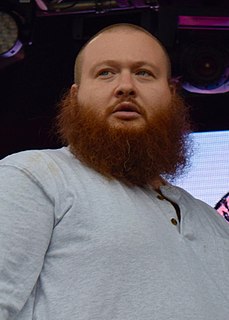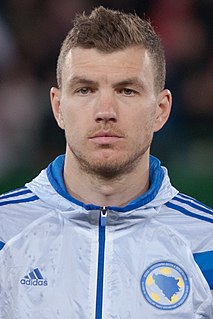A Quote by Elyn Saks
In a way, I had a very good and normal childhood. I had loving and caring parents. But I had a lot of quirks or problems when I was growing up. I had phobias and obsessions.
Related Quotes
My childhood was very difficult. I had every childhood disease and then some, but my parents didn't mollycoddle me. They left me to fight those battles on my own. I guess that was very Canadian, very stoic. But it's good. I had to become a warrior. I had to give up hope and find a substitute for hope that would be far more stable.
My childhood was very difficult. I had every childhood disease and then some, but my parents didnt mollycoddle me. They left me to fight those battles on my own. I guess that was very Canadian, very stoic. But its good. I had to become a warrior. I had to give up hope and find a substitute for hope that would be far more stable.
'Our parents' generation had it a lot tougher than we did. They had to live through the Depression, World War II, and then they had to, you know, try to pick up the pieces of their lives and bring up their children. And, it was a great example for us. I guess we grew up with a certain amount of the ethics our parents had, which is, you know: work hard, make your own way, be independent.
But when I realized it was actually going to be this portrait of the artist, birth to death, I had to then discover who Margaret as a young woman would be. I had to find the different voices for her throughout her life. I had a lot of fun discovering that. I had a lot of fun writing the childhood sections. By imagining her childhood, I was able to come up with this voice that matures as she gets older.
